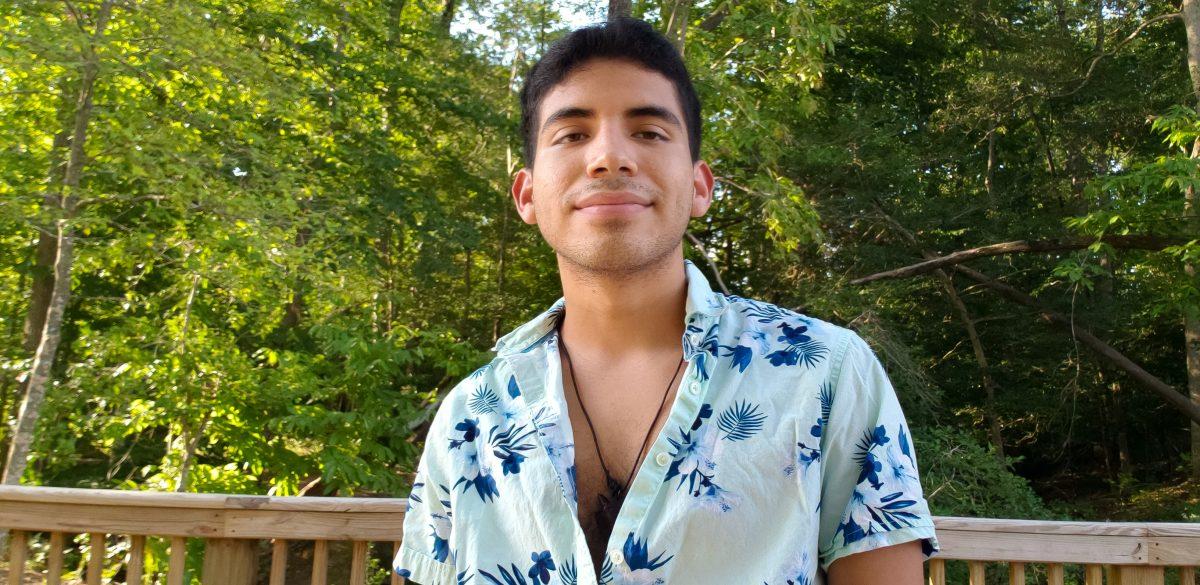I don’t think it’ll be a surprise to anyone when I say that Greek life has been under fire lately. Nationally, students have expressed their negative experiences with chapters within the InterFraternity Council (IFC) and the Panhellenic Council, and abolition movements have risen in both response and popularity.
Locally, it is no different. Duke University students have been adamant about criticisms and calls for abolition. So have UNC-Chapel Hill students. Even NC State has seen its fair share of criticisms and abolition movements aimed at Greek life, and Greek life students have rightfully responded in return. However, we do not need to be continuing these harsh — and oftentimes frustrating — conversations about whether we like Greek life or not. The elephant in the room is that students want Greek life organizations to openly own up to their mistakes, and chapters cannot expect criticism to go away without change.
The history of Greek life has been extensively littered with problematic elements. Discrimination and exclusion from historically white Greek life chapters were the reason why many minority students were forced to carve out their own organizations. To this day, many are still calling out racism within IFC and Panhellenic chapters. Trans students are still seeking out better representation within organizations, and let’s not forget the high rates of sexual violence within Greek life organizations.
While NC State Greek life organizations have not been completely silent on their systemic issues, with both the IFC and the Panhellenic Council making public statements against racism, the fight against systemic discrimination goes beyond simple statements. While almost 30% of North Carolina’s population is made up of minorities, Greek life organizations — excluding the criminally underappreciated minority fraternities and sororities — fail at fairly representing the general population. Until recently, we’ve seen Fraternity and Sorority Life begin to implement a mandatory training for chapters on campus, but many of us know that training sessions are simply not enough.
These are, in many ways, systemic issues within the University. We are not living in a completely innocent campus culture, as we’ve had various instances of racism, homophobia and sexism just within the University. Just a few weeks ago, Technician’s Arts & Entertainment editor submitted an opinion column calling out how NC State was skewing its diversity statistics to appear more diverse. However, one cannot use the existence of systemic issues to excuse behavior within Greek life chapters. Merely shrugging our shoulders and saying “it is what it is <3” has gotten us nowhere historically, and any major event in history will be evidence of that.
This is not to say that everyone within an IFC or Panhellenic chapter are filthy, amoral monsters. To do so would only be an unjust generalization from my end and a disservice to all of my peers and friends who are or have previously been in any sort of Greek life chapter. However, increasingly, I’ve been seeing people use argumentative whataboutism to defend their organizations, but I want the conversation to move from reactionary politics to production policies. But if I can critique my own department and job for having previously been problematic, then you can too.
Abolition would not even be on the table if these problems had been previously addressed instead of being left to fester within the student body. Greek life chapters, if you are going to actually take steps in combating systemic evils within your organization, then it must go beyond occasional training sessions and social media updates. Uphold and actively engage with community events from your fellow marginalized students, go so far as to become dedicated in giving them better platforms. We only limit ourselves if we barely engage with our community.














